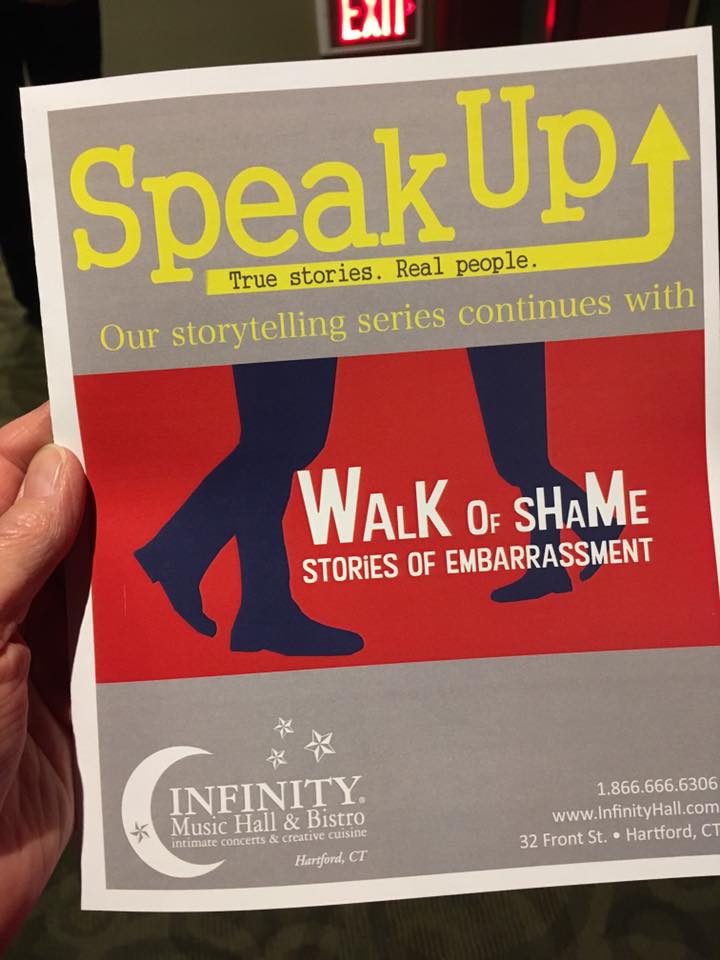The last day of a school year can be a strange day for both teachers and students.
On the one hand, it’s a celebration. Students and teachers looking ahead at long, lazy summer days. But it’s also bittersweet for most of us. A breaking of a family that will never be whole again.
For my students, the last day of school also signals a momentous step forward to middle school. They are departing a place that has kept them safe and happy for six years.
For some students, it’s smiles and excitement.
For many, it’s sadness and tears.
As a teacher, I find myself wondering if I’ve done enough. Have I prepared them well enough for their middle school adventure? Are they ready to take on new challenges?
I worry about my kids. I can’t help it.
I found myself worrying a lot on Friday. It was the last day of school, and my students weren’t exactly being their best selves. As I tried to read to them, they were chatty and distracted. A couple of them made some poor choices as the day wore on. As I tried to make the most of our final hours together, I felt like some of my kids were doing the opposite.
It was frustrating and sad. And I worried. Are they behaving like this because I didn’t do enough?
A few hours later Elysha and I having dinner together on the patio of a local restaurant, talking about how challenging my day was, when the server arrived at my table and said, “Mr. Dicks?”
I looked up. Standing in front of me was a tall, young man who I didn’t recognize. He was smiling.
I stood up. “I’m sorry,” I said. “Who are you?”
“It’s me,” he said. Then he told me his name. I couldn’t believe it.
Had you asked me before this moment to name the student who I worried about the most in my teaching career, this young man would’ve been on my short list. Maybe at the top of my short list.
I had taught this boy 14 years ago when he was a much smaller third grader. He was a smart boy back then, but he was challenging to say the least. For a multitude of reasons, his path did not seem very bright. I had thought about him many times over the years, and my heart was always filled with worry.
A couple years ago, I had even tried to find him online without success. A few mentions of a high school football career but nothing more.
Now he was standing before me.
We embraced. I asked him how he was doing. He told me that he’d just completed his junior year in college. Preparing to begin his senior year in September. Working his butt off this summer to save money.
College. I couldn’t believe it.
Near the end of the meal, when he brought me the check, he asked if I’m still teaching Shakespeare to kids. I told him I was. “The kids performed Macbeth this year.”
Then he quoted me a few lines from the play he had performed when he was a kid. The Taming of the Shrew. He even threw in a couple of lines from Macbeth that he had remembered for good measure.
Then he told me that he’s still playing chess, a game I had taught him when he was a boy.
I couldn’t believe it. All that worrying had been for naught. He had overcome his struggles and found success. He was on the path to a good career and a great life.
I was so happy for him. So relieved.
Sometimes, in a moment of great need, as you’re worrying that you haven’t done enough for your students, the universe can be very kind to you.
That was the case for me last Friday. That young man arrived exactly when I needed him most.
I still can’t believe it.
























